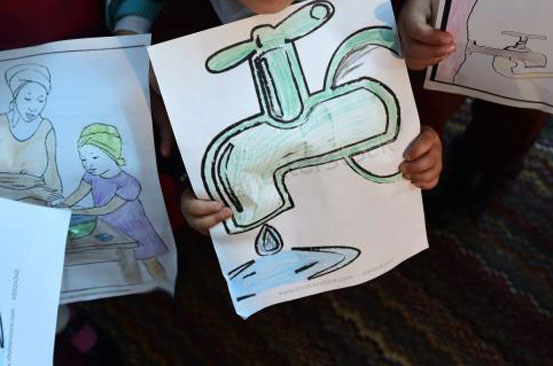×
The Standard e-Paper
Kenya’s Boldest Voice

As the world gears to celebrate World Water Day on March 22, a lobby group has teamed up for a walk in the city of Nairobi to create awareness on the wanting water and sanitation situation in the country.